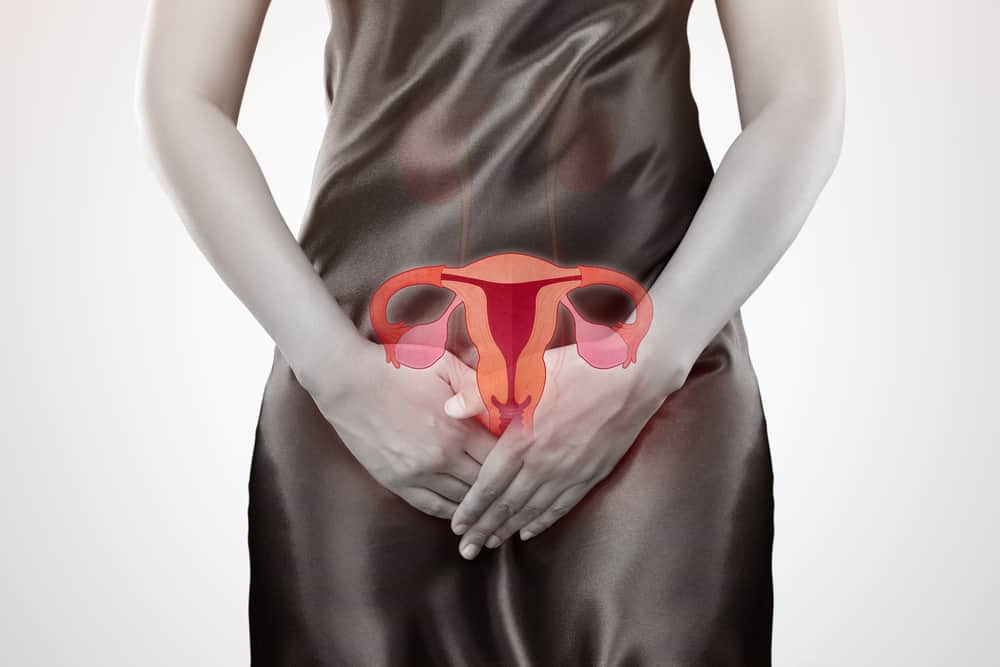Contents:
Medical Video: Spinal and Epidural Anesthesia
Definition
What is anesthesia for caesarean section?
Spinal anesthesia involves injecting local anesthetics and other painkillers in an area called the subarachnoid space, near your spinal cord. This kills your nerves and relieves pain in certain areas of your body. Your anesthetist will insert a needle, inject the anesthetic through it and then release the needle. It shouldn't feel painful, even though it can feel uncomfortable. During labor, if you have an epidural that works well and you need a caesarean section, your anesthetist can give you extra doses of anesthesia to make you numb. Another technique is to insert a small tube in the epidural space at the same time when inserting a needle into the spine (combined spinal-epidural).
When should I get anesthesia for a caesarean section?
Sometimes the safest choice for you or your baby is a caesarean section. If you are pregnant with twins, chances are that you will be considered for a caesarean section. This will depend on how your pregnancy develops, the position of your baby, and if the baby shares the placenta.
Prevention & warning
What are the benefits of spinal anesthesia?
Compared to general anesthesia, spinal anesthesia has benefits for you and your baby. If you are awake during the caesarean section, you and your partner can share in the moment of birth, and your baby can be brought to you immediately after birth. There are no significant side effects for you or your baby, and you can breastfeed immediately after surgery. Spinal anesthetics are slightly safer than general anesthesia and recovery is usually more comfortable and faster.
What effects can my baby get?
Some anesthetics will be absorbed from you by your baby. This can make your baby sleepy for a while, but there are no long-term effects. You will not be able to hold a baby or breastfeed until you are truly awake.
Process
What should I do before anesthesia for a caesarean section?
If you are advised to undergo a caesarean section, the doctor will explain why this method is the best for you, and what are the possible side effects. Don't hesitate to ask questions.
What is the anesthetic process for caesarean section?
The surgeon will give general anesthesia, which is a combination of drugs that causes a deep sleep condition. After that you will not know what is happening. Most people can fall asleep immediately after injecting anesthesia through an infusion (small tube) into a vein. It takes around 30 seconds for anesthesia to work. You will continue to fall asleep while you breathe anesthetic gas.
How did my anesthetist know that I was really asleep?
Your anesthetist will continuously monitor the amount of anesthesia in your body to ensure that you are very unlikely to become aware during surgery
What will I feel during the operation?
You might feel your stomach being pulled and pushed. You may also feel shortness of breath because the nerves around your chest will be numb. After the delivery process, you may feel the weight or pressure on your chest.
What should I do after surgery?
Your anesthetist will monitor you well. When the surgery is complete, the anesthesia will subside, allowing you to wake up again. Depending on the help you have at home, you must be prepared to leave the hospital in two to four days. You will be encouraged to be active by getting out of bed and walking around as soon as possible, and the midwife or physiotherapist at your hospital will provide advice on sports that will help you recover. You can drive again when you can move without pain, and provided you can make an emergency stop. This may occur after six weeks or earlier. If you have questions relating to the process of this test, consult your doctor for a better understanding.
Complications
What complications can occur?
- failure of spinal anesthesia
- itchy
- difficulty urinating
- low blood pressure
- headache
- back pain
- unexpected high blocks
- nerve damage
- blood clots
- feel like I'm sick
- sore throat
- muscleache
- tooth decay
- difficulty breathing
- awareness during surgery
If you have questions about possible complications, please consult your doctor for more information.
Hello Health Group does not provide medical advice, diagnosis or treatment.











